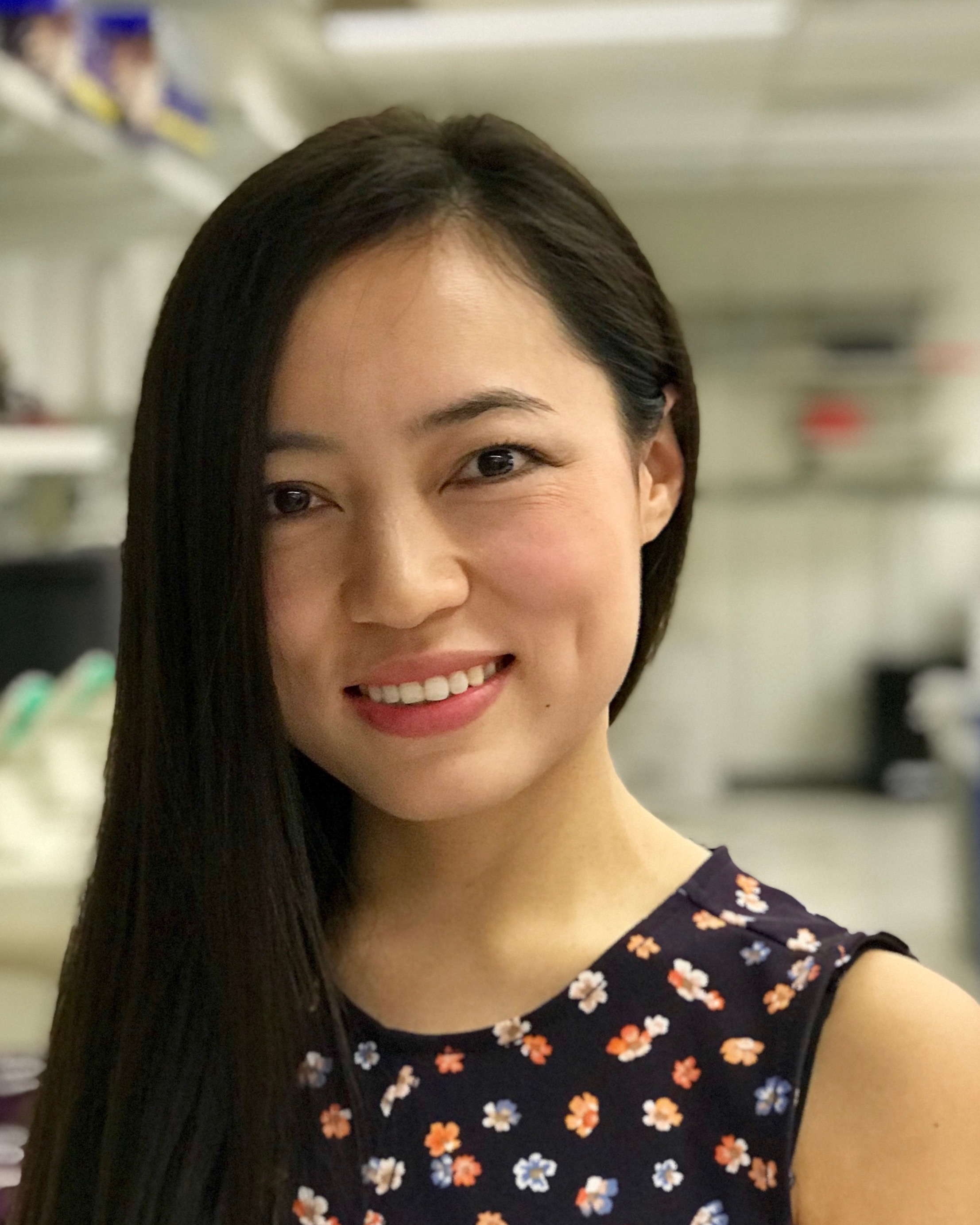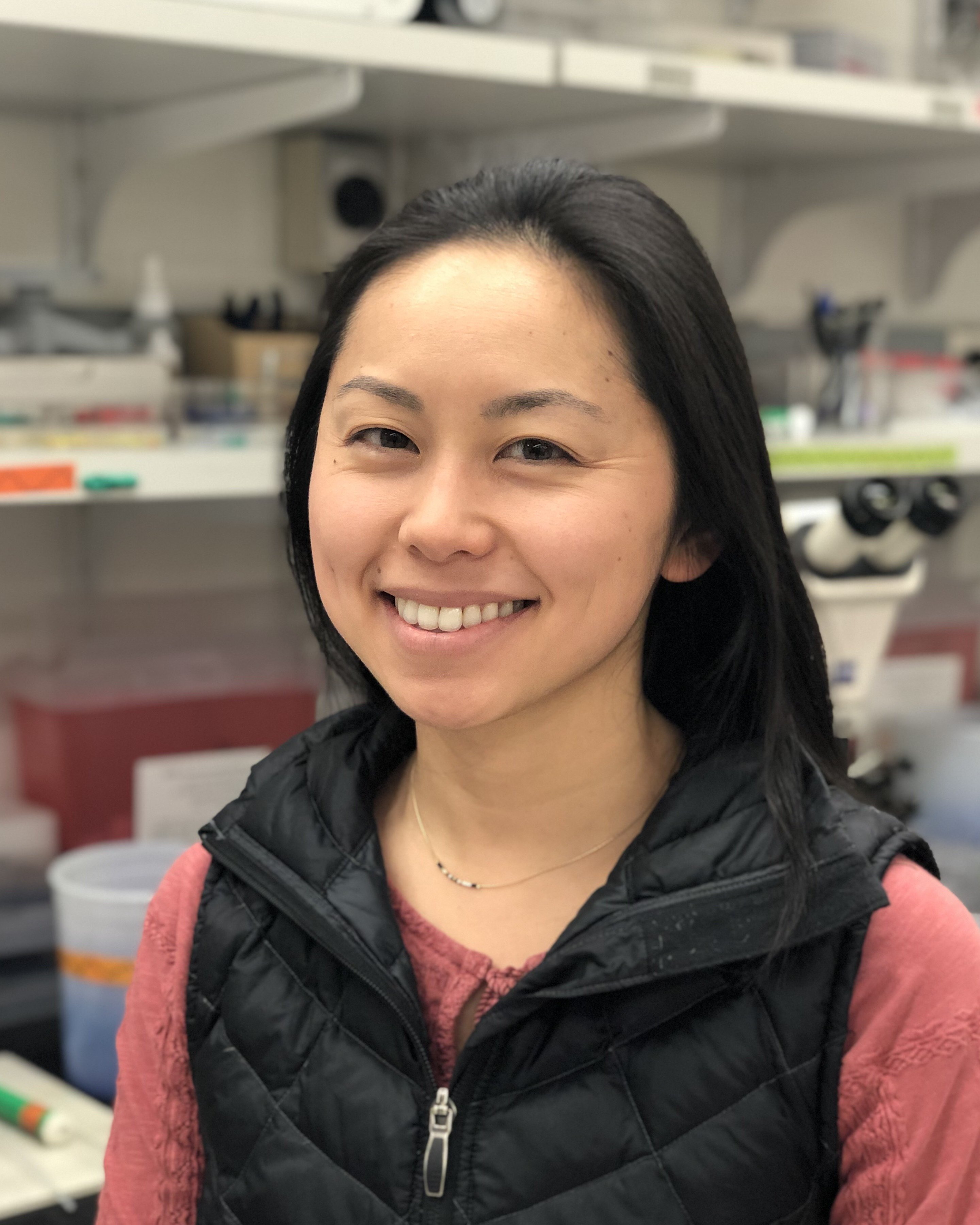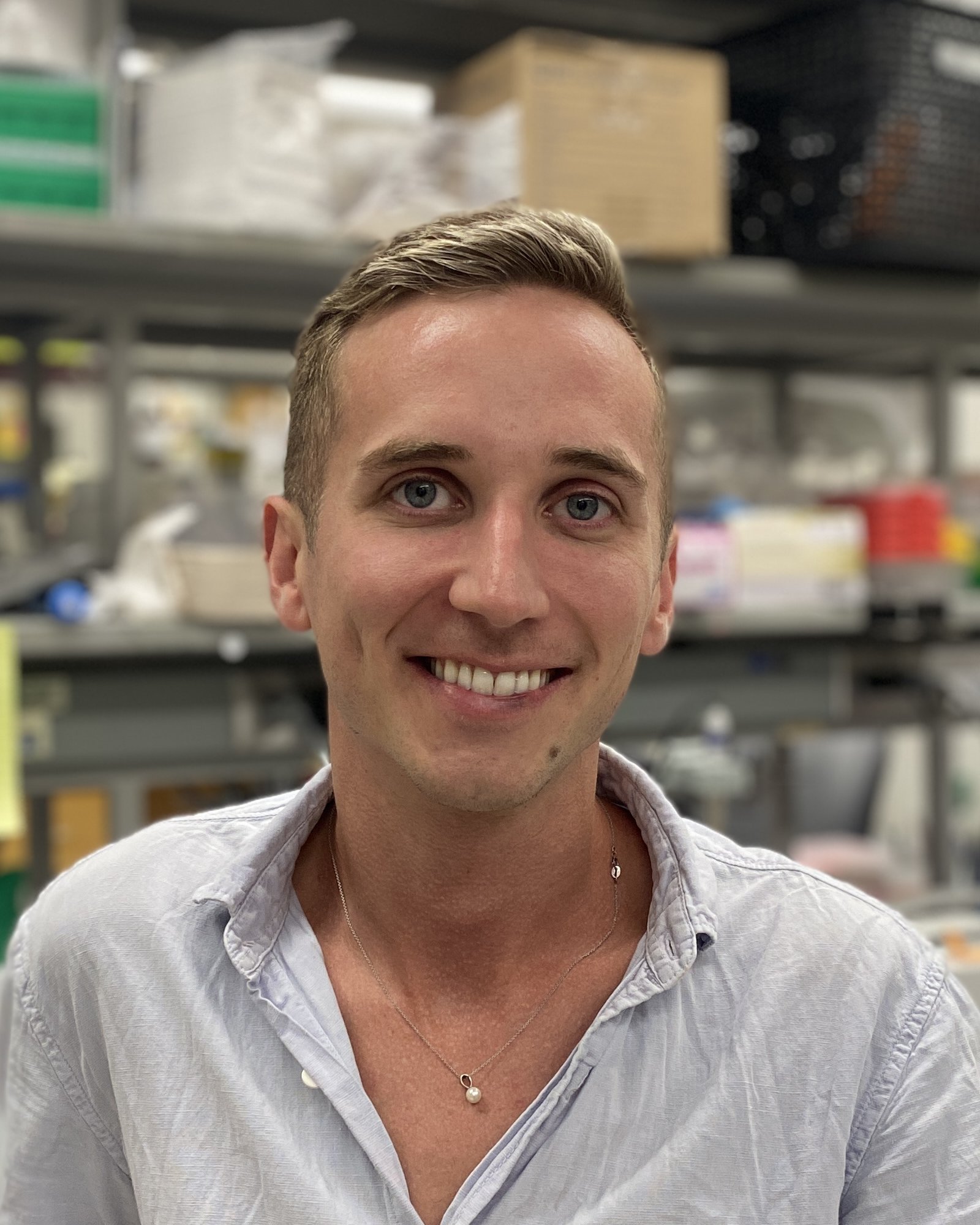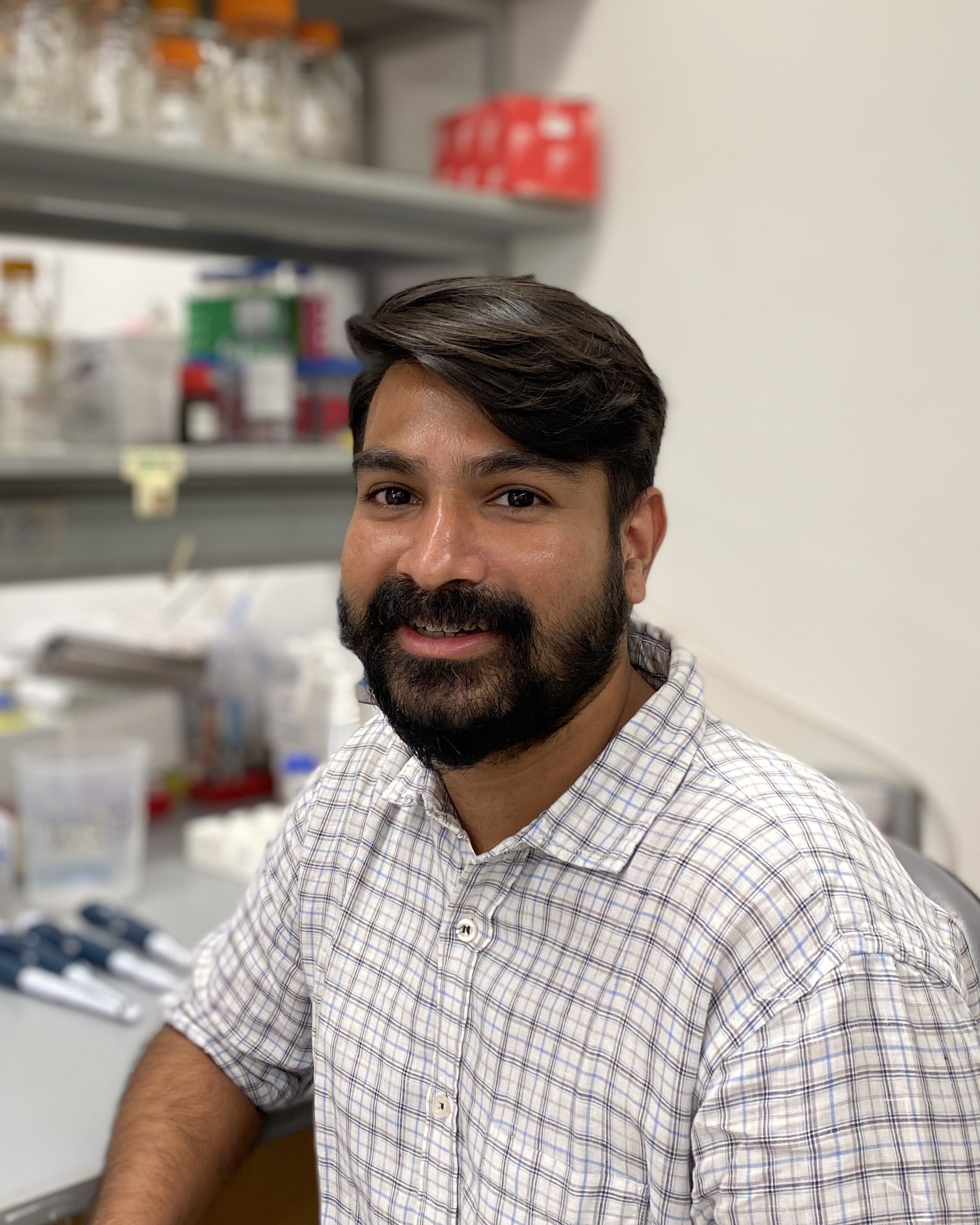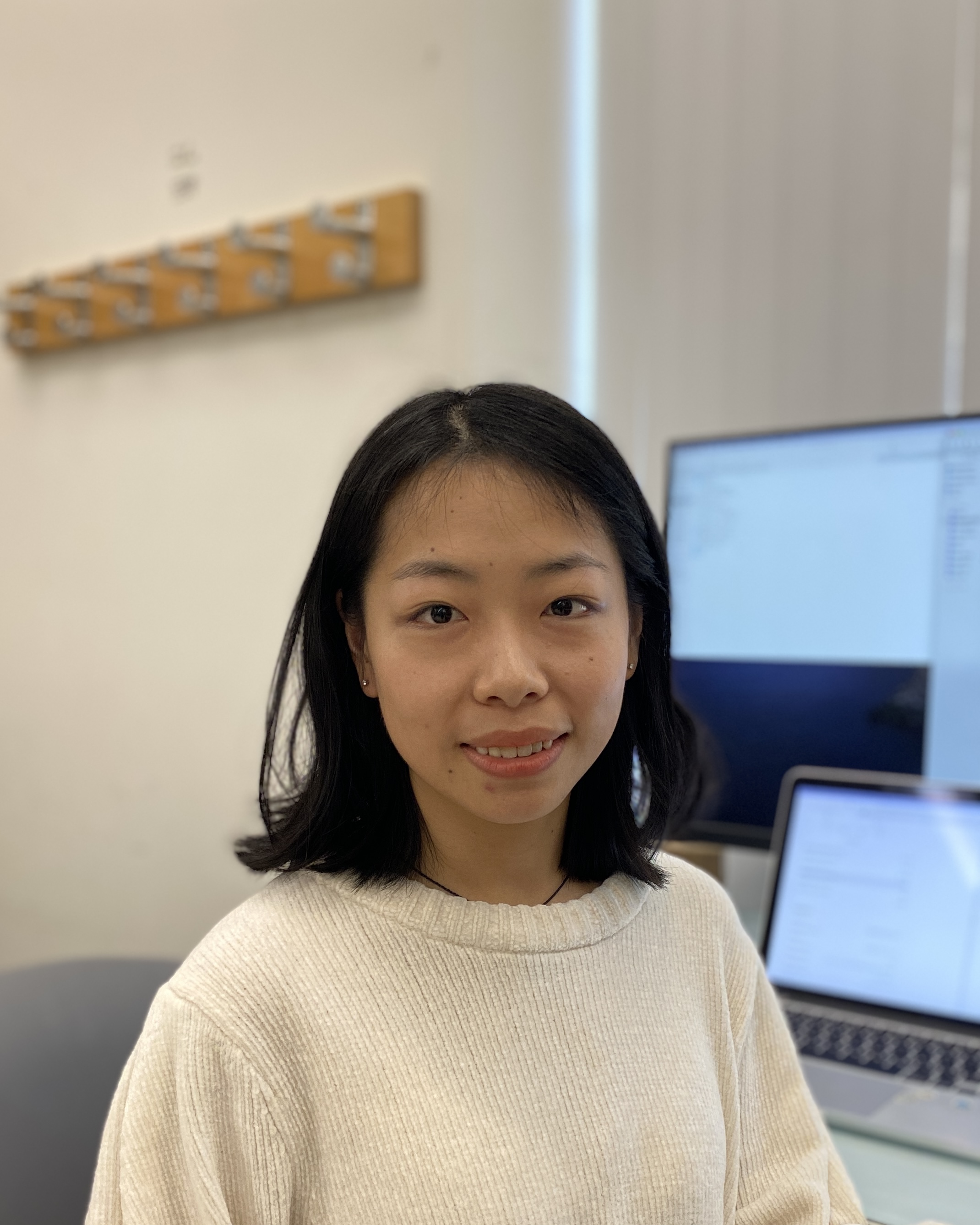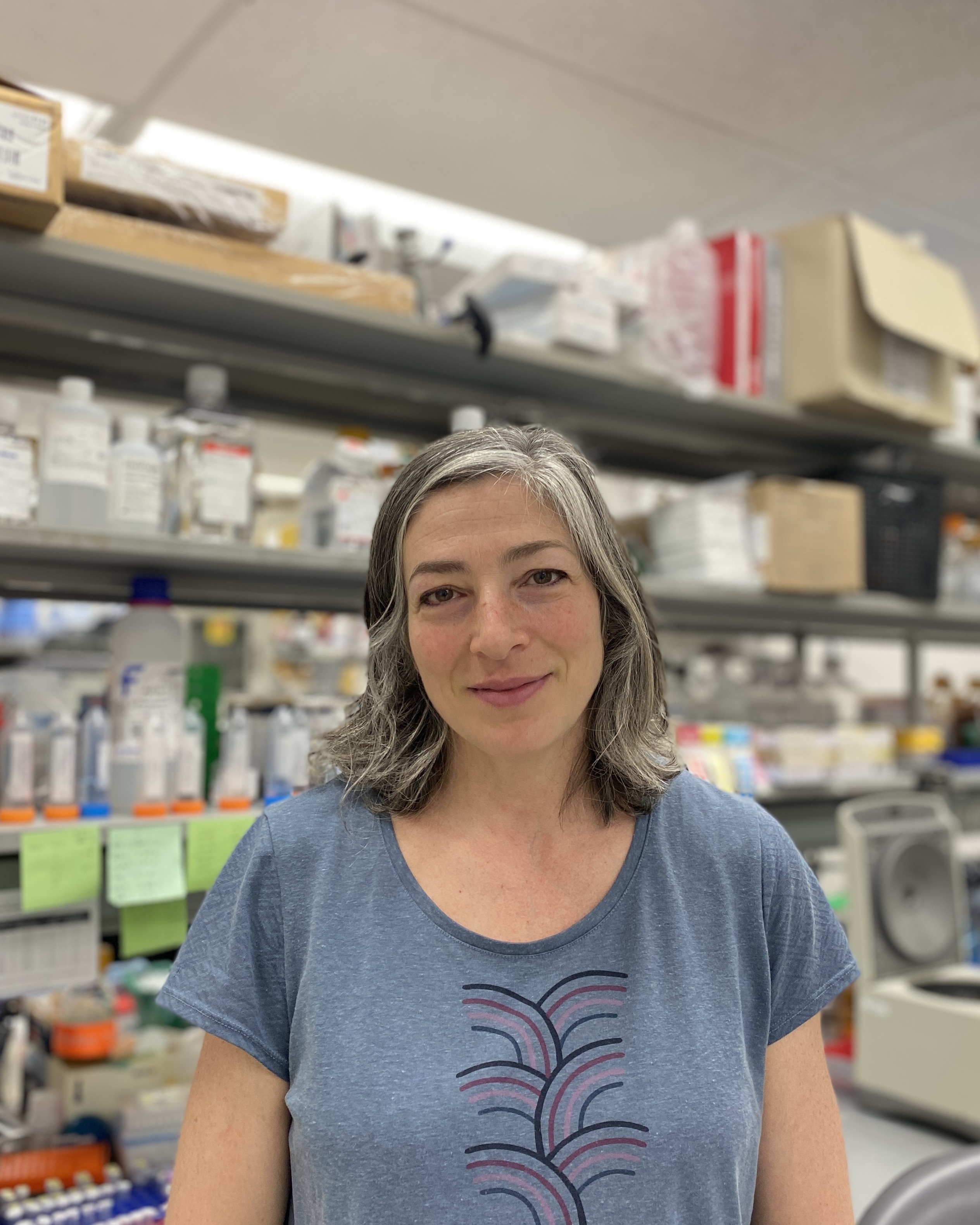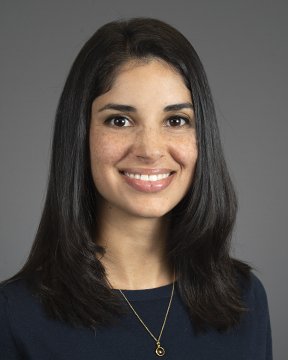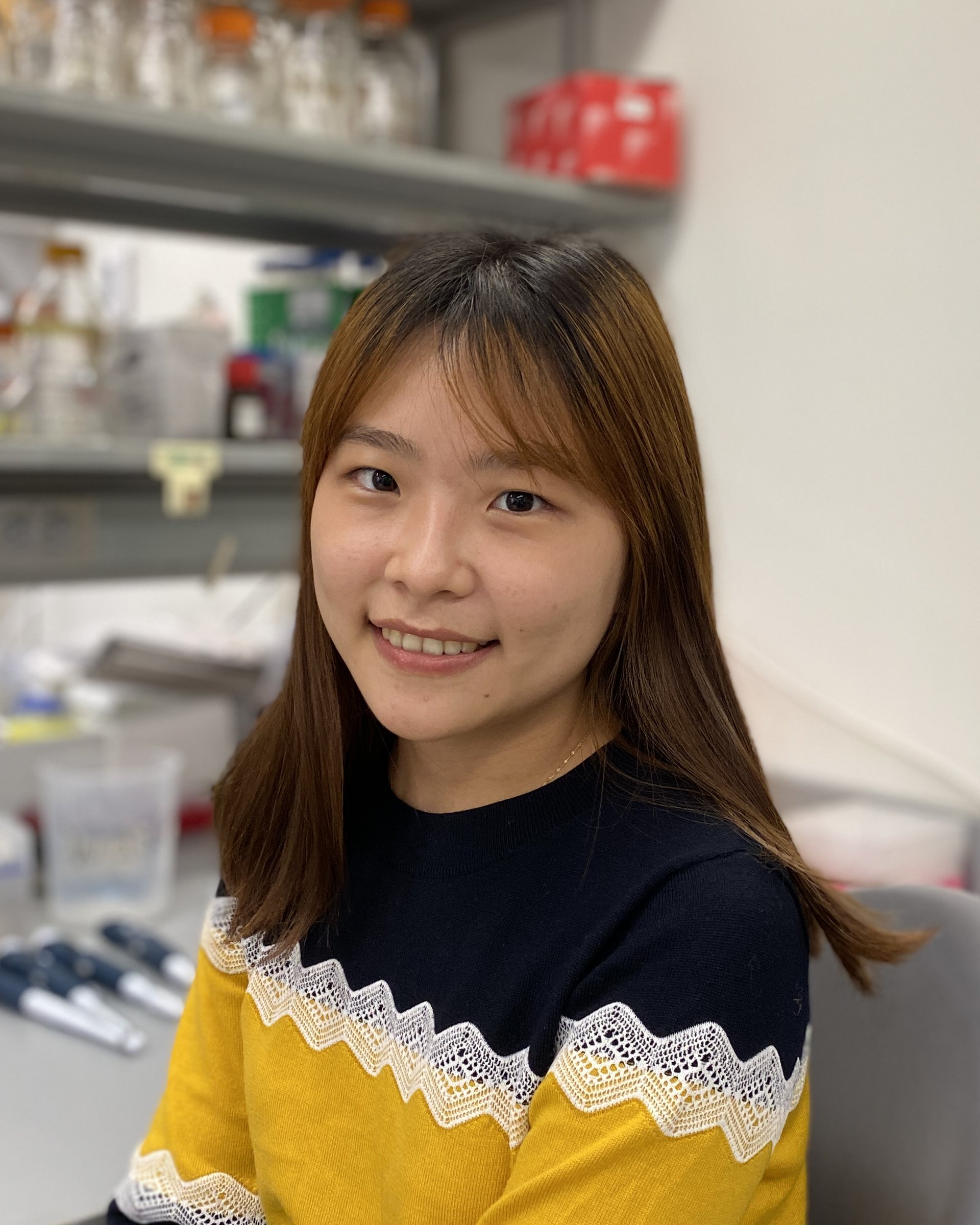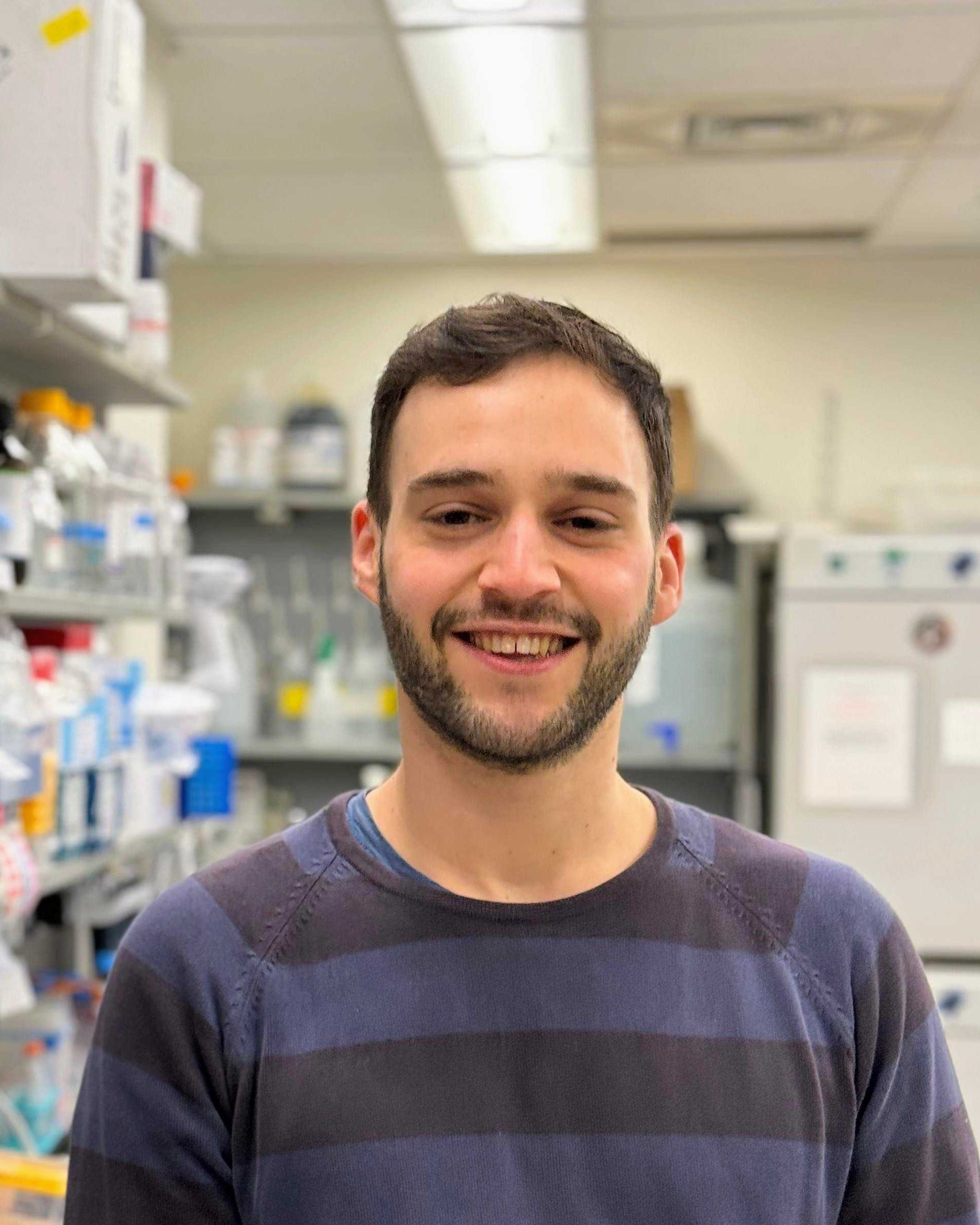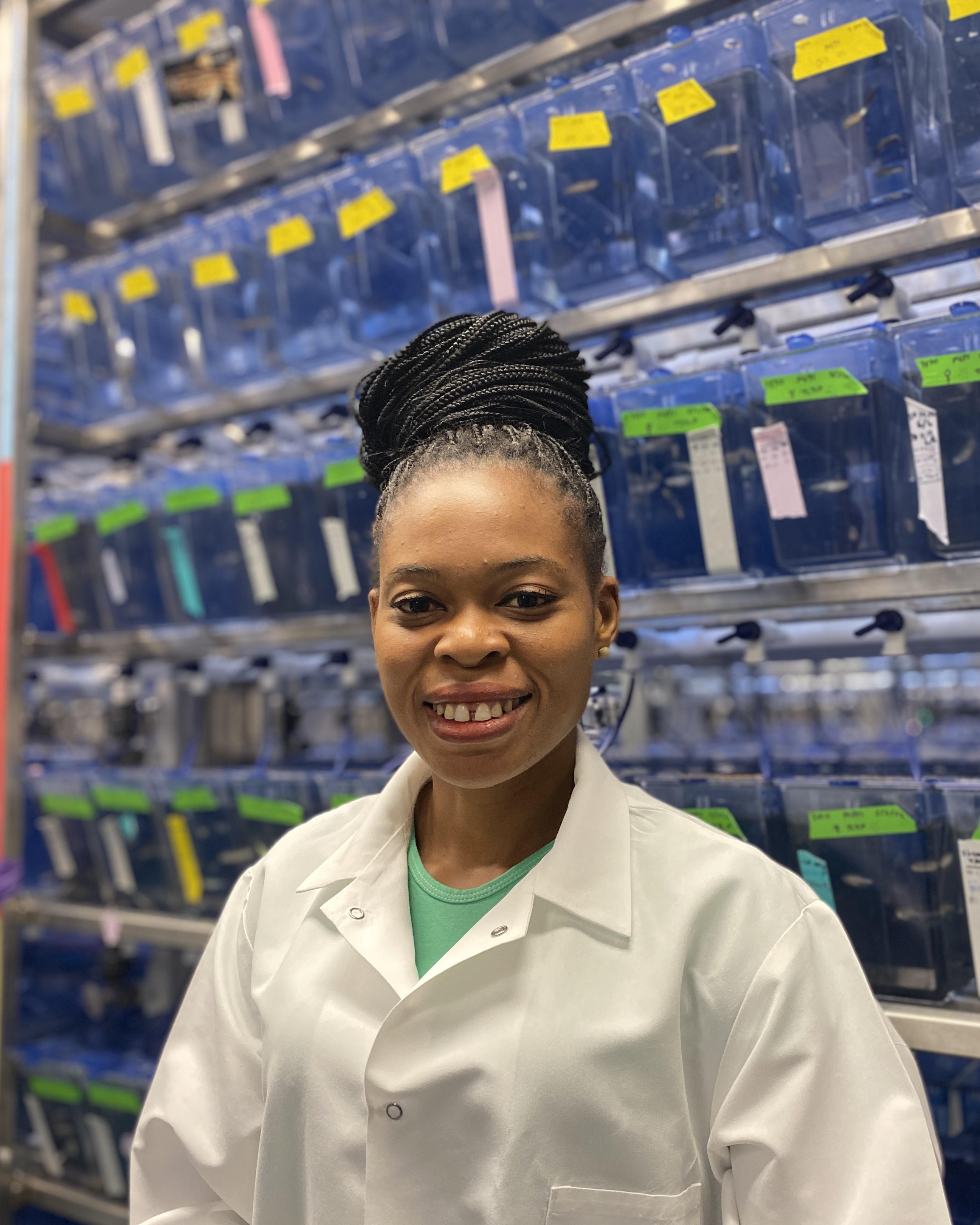Principal Investigator
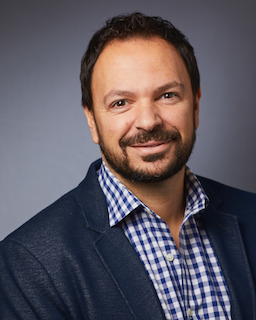
Antonio Giraldez, Ph.D.
antonio.giraldez@yale.edu
Antonio studied Chemistry and Molecular Biology at the University of Cadiz and the University Autonoma of Madrid. As an undergraduate, he worked with Gines Morata at the CBM in Madrid. Antonio conducted his PhD research with Stephen Cohen at the EMBL (Heidelberg) (1998-2002) and was a post-doc with Alex Schier at the Skirball Institute (NYU) and Harvard (2003-2006).
Antonio joined the Genetics Department at Yale University in 2007. He is currently the Fergus F. Wallace Professor of Genetics and was previously the Chair of the Genetics Department. Antonio is a member of the Yale Center for RNA Science and Medicine, Yale Stem Cell Center, Yale Cancer Center, and is an HHMI Faculty Scholar.
Video of Antonio describing the lab’s research.
